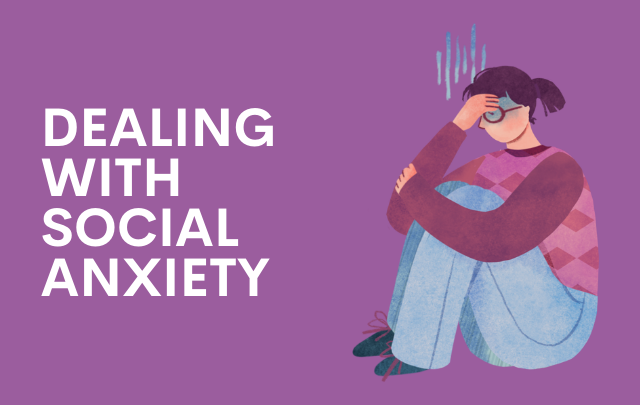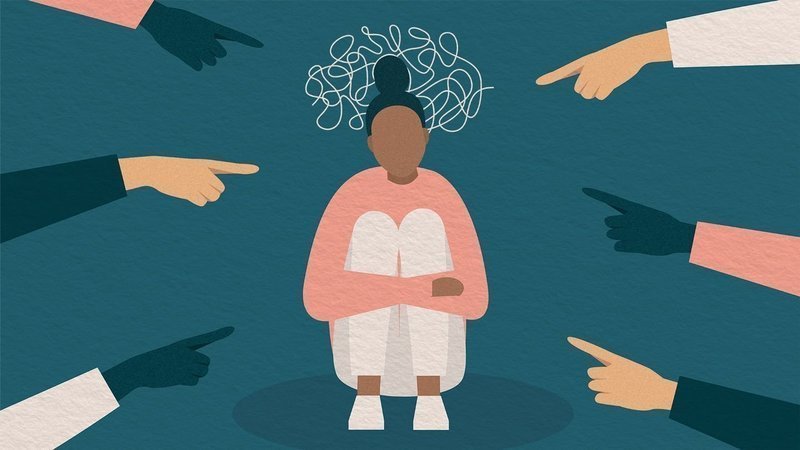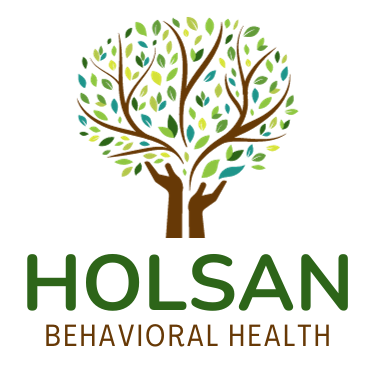How do I differentiate experiencing social anxiety symptoms from being shy?
While it’s normal to feel shy or nervous in some situations, especially in school activities such as giving a speech, taking a super important test, or attending crowded events, social anxiety is a mental health disorder that causes severe reactions to social situations.
Shyness is a trait that emerges in childhood and causes people to feel uncomfortable in social settings; however, shy people easily overcome these symptoms or never experience debilitating reactions.
The DSM-5 adopted “social anxiety disorder” as the main term and as the primary diagnosis to describe a specific set of symptoms in its 2013 publication.
If your symptoms constantly interfere with your ability to function or cause significant distress in your daily life, you may be experiencing social anxiety; this may be a sign to seek professional help.

SIGNS OF SOCIAL ANXIETY YOU NEED TO IDENTIFY
1. Intense Fear in Social Situations
People with social anxiety often feel extreme fear in situations where they are expected to interact with others, such as:
This fear is often irrational and out of proportion to the situation, fear of being humiliated or embarrassed.
2. Avoidance of Social Events
To prevent feelings of anxiety or embarrassment, individuals may avoid: meals at their friends, going to the movies, eating in
front of others, parties, school events.
3. Physical Symptoms
Social anxiety can cause noticeable physical reactions, especially in feared situations. These may include: rapid heartbeat,
sweating, trembling, nausea or stomach discomfort, blushing, shaky voice, dry mouth.
4. Excessive Worry Before Events
People often dwell on upcoming social interactions days or even weeks in advance. This includes: overthinking how they’ll
behave, imagining worst-case scenarios, replaying past conversations to analyze perceived mistakes.

TREATMENT OPTIONS
- Cognitive behavioral therapy (CBT)
- Medication
- Exposure Therapy
These three treatment options have been shown to be effective.
Our team at Holsan Behavioral Health can help you manage your medications and ensure that your treatment plan aligns with your specific needs.
Medications can help by reducing the physical and mental symptoms, making it easier to cope with social situations.
HOW DOES MEDICATION WORK?
Although care providers may also prescribe other medications for symptoms of social anxiety, such as antidepressants, anti-anxiety medications, and beta blockers, proper management guided by an expert in psychiatric medication management is necessary to find what works best for your needs. You may try medication with fewer side effects or a quicker effect, you may need it for long-term or short-term and start your controlled tapering process.
For instance, beta blockers are medications that block the beta-adrenergic receptors in the heart, lungs, and blood vessels; adrenergic is the same as adrenaline or epinephrine. Beta blockers have a calming effect. They help to slow the heart rate, and work well for people who experience panic in situations where they have to talk in front of people, or start stammering or flushing.
WHY DO I NEED MEDICATION MANAGEMENT?
You don’t have to do this alone; seek professional help and a team of providers who will prepare a personalized treatment plan for you.
You need a team that helps you manage your side effects, promote effective results, and avoid interactions between medications.
Our team at Holsan Behavioral Health can monitor your symptoms and your progress, as well as assess for unwanted side effects.
You are not alone!
We believe in empowering individuals to actively participate in their treatment decisions!
